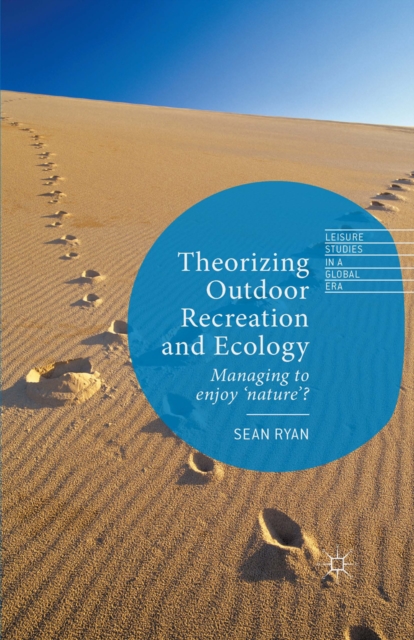
Theorizing Outdoor Recreation and Ecology PDF
by Sean Ryan
Part of the Leisure Studies in a Global Era series
Description
Deciding what user impacts are natural or unnatural has inspired much debate.
Biophysically, moose cause similar kinds of soil and vegetation impacts as hikers.
Yet moose are the sign of nature while hikers are the sign of damage.
The field of outdoor recreation is beset with paradoxes, and this book presents a unique, alternative framework to address these dilemmas. Examining outdoor recreation through the lens of ecological theory, Ryan draws from theorists such as Foucault, Derrida and Latour.
The book explores minimum impact strategies designed to protect and enhance ecological integrity, but that also require a disturbing amount of policing of users, which runs counter to the freedom users seek.
Recent ecological theory suggests that outdoor recreation's view of nature as balanced when impacts are removed is outdated and incorrect.
What is needed, and indeed Ryan presents, is a paradoxical and ecological view of humans as neither natural nor unnatural, a view that embraces some traces in nature.
Information
-
Download - Immediately Available
- Format:PDF
- Publisher:Palgrave Macmillan UK
- Publication Date:29/04/2016
- Category:
- ISBN:9781137385086
Information
-
Download - Immediately Available
- Format:PDF
- Publisher:Palgrave Macmillan UK
- Publication Date:29/04/2016
- Category:
- ISBN:9781137385086










